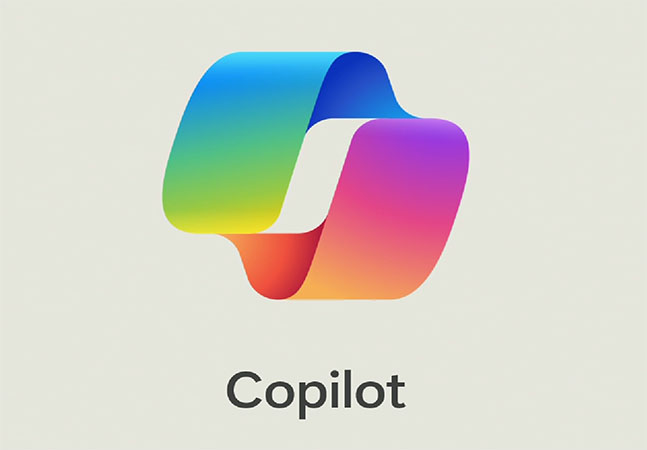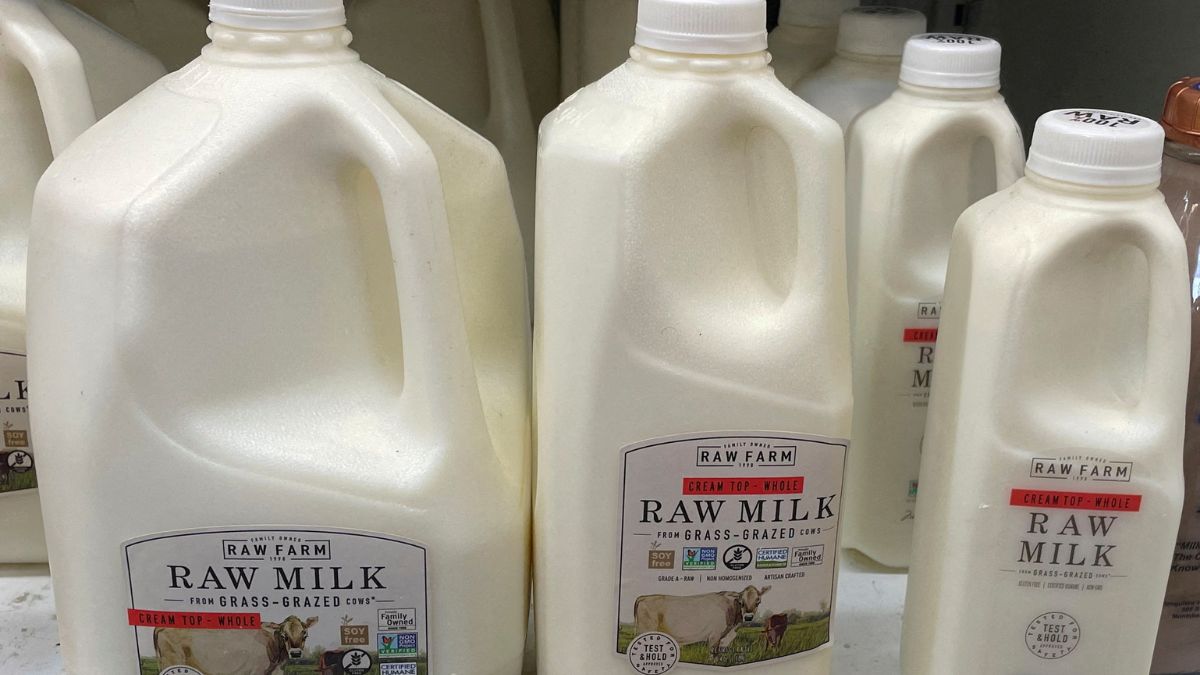Hailed as an AI game-changer, Microsoft’s generative AI assistant Copilot is facing criticism from early adopters, citing the steep price tag it carries and inaccurate suggestions it offers.
Microsoft has been sparing no effort in a bid to promote and improve Copilot. In line with this, the software giant has already integrated the AI bot into its existing suite of apps including Word, Outlook, Teams, PowerPoint and Excel.
The company is also improving Copilot integration in Windows 11 by reportedly rolling out smart Copilot actions and animations for the users of its latest operating system. On top of that, Microsoft is also set to bring full-screen mode for Windows Copilot.
To those unaware, Copilot can perform tasks such as generating documents and presentations, summarising emails and meetings and more. It has been available for about 6 months. Some companies that use Copilot noted that the tool saved them time.
For instance, Chemicals company Dow heaped praise on the tool’s “tremendous efficiency gains”. In fact, Dow is reportedly gearing up to roll out Copilot to half of its 35,900 employees by year’s end.
Another early adopter of Copilot, Lenovo echoed a similar sentiment, according to a report by The Wall Street Journal.
Microsoft Copilot: Worth the hype or just hot air?
While Microsoft continues to hail Copilot as an AI breakthrough, some remain unconvinced by its value proposition. Carrying a price tag of $30 (£23.88) per user (in addition to a Microsoft 365 subscription), Copilot faces comparisons to more affordable alternatives.
Unsurprisingly, users, who find it hard to swallow the cost, aren’t impressed with Copilot’s value proposition. Critics told the WSJ that Copilot’s Excel and PowerPoint integrations are neither accurate nor reliable.
Similarly, other users told the outlet that the AI hallucinated wrong answers or miscalculated spreadsheets. AI experts, including The Wharton School professor, Ethan Mollick accused Copilot of making bizarre suggestions for weekend meetings.
Microsoft Copilot for Outlook is pretty solid, but it hallucinates instead of doing the single most useful feature for an AI email assistant to handle – scheduling
When it gave me the intriguing option to “accept & suggest times” the times it made up were booked or on Saturdays. pic.twitter.com/J2Mhaleb9B
— Ethan Mollick (@emollick) January 5, 2024
Former CTO for Intel’s Data Platforms Group, Guido Appenzeller, shared a screenshot on X, showcasing how the AI assistant messed up while making PowerPoint slides.
A rep for networking hardware company Juniper, which has been testing Copilot since November, told the outlet that it is still unsure whether it wants to buy the product for its entire workforce.
In contrast, Microsoft’s corporate VP of modern work and business applications, Jared Spataro, told Business Insider that users are finding immediate value in Copilot. He attributed the complexity of the product to AI being “unlike any technology we’ve seen before”.
“In just three months, 70 percent of users are more productive, and 68 percent say Microsoft Copilot improves the quality of their work,” Spataro said of early users in a statement.
“We are listening to customer feedback and will continue to work hard to make Copilot even better over time,” the top executive added. Initially, Microsoft made companies commit to at least 300 subscriptions, but it opened up subscriptions to smaller groups last month.




)


